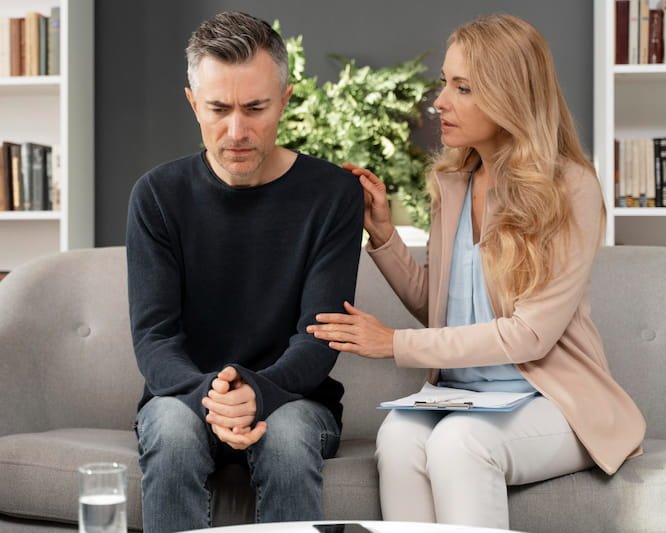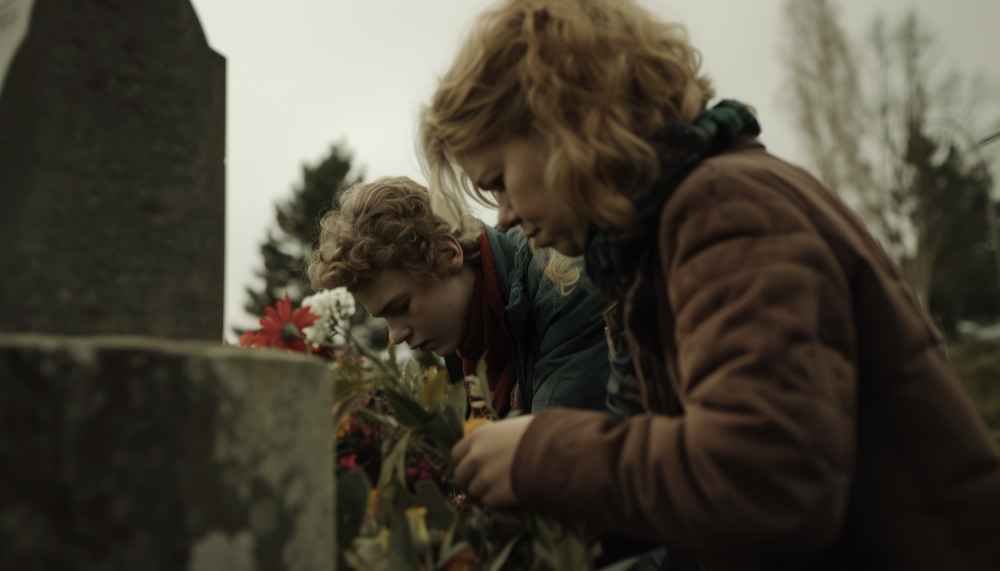Relationships are dynamic and complex entities that often need dedicated effort to thrive. From minor misunderstandings to profound issues, couples face a myriad of challenges as they navigate life together. Couples therapy stands as an instrumental resource in fostering understanding, growth, and healing in relationships. It guides partners through turbulent times and enriches their bond even in moments of peace. Below, we delve into how couples therapy can benefit relationships across various aspects.
Navigating Communication Barriers With Professional Guidance
Effective communication is paramount in maintaining a healthy relationship, yet it is often where partners struggle the most. Couples can find themselves stuck in negative communication cycles that create barriers to intimacy and understanding. In therapy, couples learn how to break these cycles and develop healthier ways of expressing thoughts and feelings.
Active listening is a skill that therapists frequently emphasize in sessions. It involves more than just hearing words; it’s about understanding the sentiments behind them. By practicing this in a therapeutic setting, partners can transfer this crucial skill to their day-to-day interactions, leading to more meaningful and productive conversations.
Body language and non-verbal cues play a significant part in how we communicate. Therapy brings awareness to these often overlooked aspects, guiding couples to become more attuned to one another’s subtle signals. This amplifies their empathetic resonance and provides a deeper level of connection between them.
Rekindling Intimacy: How Couples Therapy Fosters Deeper Connections
Intimacy is more than a physical connection; it involves emotional closeness and vulnerability. Over time, life’s stresses can take a toll on the intimate aspects of a relationship. Couples therapy helps partners rediscover each other, facilitating opportunities for vulnerability and intimacy in a supportive environment.
For many, discussing personal desires and fears can be daunting. A therapist can aid in both individuals feeling safe to open up, which is a fundamental step in strengthening their intimate bond. This process allows for the rediscovery of mutual needs and the exploration of ways to authentically fulfill them.
It’s not uncommon for longstanding relationships to slip into routine, dampening the initial spark they once shared. Therapists assist couples in finding new ways to connect and share experiences, which can reignite the passion and joy in their relationship. Creating space for these experiences within therapy sessions can lay the groundwork for ongoing efforts outside of them.
Strategies for Conflict Resolution and Mutual Growth
Conflicts, if not managed well, can undermine the foundation of even the strongest relationships. Couples therapy DC equips partners with effective conflict resolution strategies that emphasize empathy and fairness. By learning to approach disagreements with these tools, couples can turn potential rifts into opportunities for growth.
Therapists encourage a solution-focused mindset, guiding couples away from blame and resentment. Instead, they emphasize collaborative problem-solving, where both partners feel empowered to contribute to a resolution. This shifts the dynamic from adversarial to cooperative, anchoring the relationship on teamwork.
It’s crucial to acknowledge that growth is an ongoing process. Couples will continue to encounter challenges, but therapy instills the confidence to handle them jointly. Strategies learned during sessions, such as taking timeouts, framing issues as joint concerns, and fostering compromise, serve as a blueprint for continued progress.
The Ripple Effect of Couples Therapy on Family Dynamics and Social Relationships
When a couple improves their relationship, the positive effects often extend beyond their immediate bond to family and social circles. As the partnership becomes healthier and more stable, these benefits filter down, positively influencing their interactions with children, friends, and extended family.
In family settings, children particularly stand to benefit. They witness a model of constructive communication and problem-solving, which can help them develop their own emotional intelligence and relational skills. As parents navigate their relationship with more understanding and respect, it often leads to a more harmonious and nurturing home environment.
Ultimately, the success of couples therapy can also inspire others to seek help for their relationships. When friends and family members notice tangible improvements in a couple’s dynamic, it can break down stigmas associated with therapy and encourage others to embark on their own paths of personal and relational growth.
Altogether, couples therapy is an invaluable resource that promotes the well-being of relationships across the spectrum. Whether couples are seeking to resolve deep-seated issues, enhance communication, or simply fortify their bond, therapy offers individual and collective benefits that resonate through every aspect of their lives.







